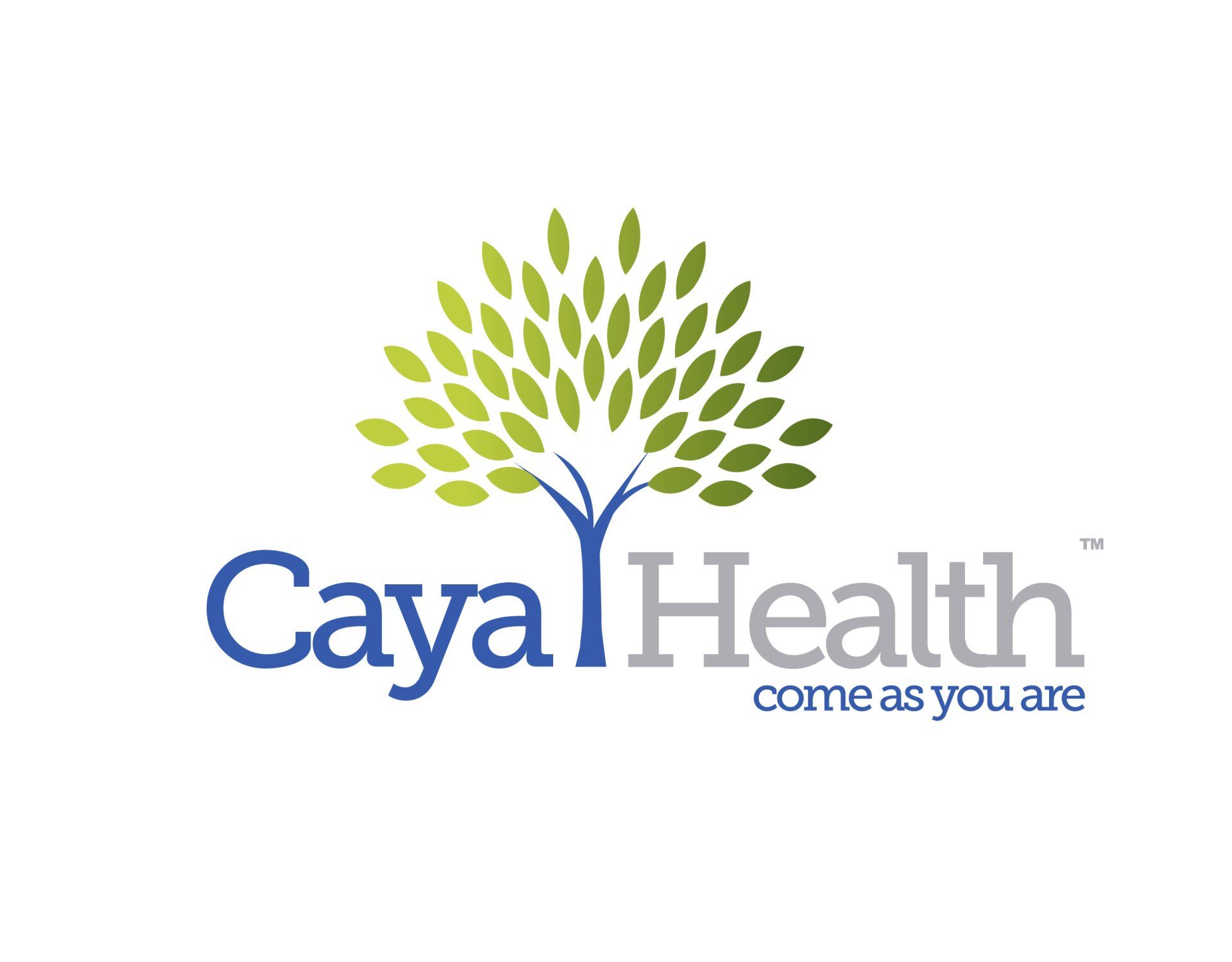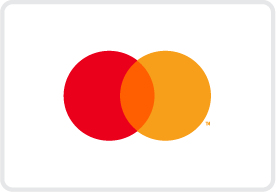ADD or ADHD...What are the Symptoms?

Determining whether your child may have ADD (now more commonly referred to as ADHD, inattentive type) or ADHD (Attention-Deficit/Hyperactivity Disorder) involves careful observation, evaluation by professionals, and understanding the diagnostic criteria. Here's how you can begin the process:
Common Signs of ADHD in Children
ADHD is typically grouped into three types:
Inattentive Type (formerly ADD)
- Easily distracted; doesn't seem to listen
- Difficulty following instructions
- Often loses things (homework, toys, etc.)
- Makes careless mistakes in schoolwork
- Avoids or dislikes tasks requiring sustained attention
- Trouble organizing tasks and activities
Hyperactive-Impulsive Type
- Fidgets or squirms constantly
- Difficulty staying seated
- Talks excessively or blurts out answers
- Interrupts conversations or games
- Difficulty waiting their turn
Combined Type
- Shows symptoms of both inattentiveness and hyperactivity/impulsivity.
Steps to Take if You Suspect ADHD
- Track the Behavior
- Note what behaviors you're seeing, when they happen, and how long they've been going on (ADHD symptoms must be present for at least 6 months).
- Behaviors should appear before age 12 and in multiple settings (home, school, social situations).
2. Talk to Your Child’s Teacher
- Teachers often notice patterns like inattention or impulsivity early on.
- Ask for observations and any academic or behavioral concerns.
3. Schedule a Pediatric Evaluation
- Your child’s pediatrician can do an initial screening.
- They may refer you to a child psychologist, psychiatrist, or neurologist for a full evaluation.
4. Get a Formal Diagnosis
- Diagnosis is based on the DSM-5 criteria.
What to Do After Diagnosis
If diagnosed, a treatment plan might include:
- Behavioral therapy (often first-line for young children)
- Parent training/support
- School accommodations
- Medication (for moderate to severe cases)
Some behaviors may look like ADHD but stem from anxiety, learning disorders, trauma, or sleep problems. ADHD is not caused by bad parenting, diet, or screen time, though these can influence behavior. At Caya Health, we understand the strong connection between the body, the mind, and the environment in which you live. Schedule an appointment at Caya Health were they will prioritize you and your families overall health and wellness. Contact us today at 407-559-7011!

















